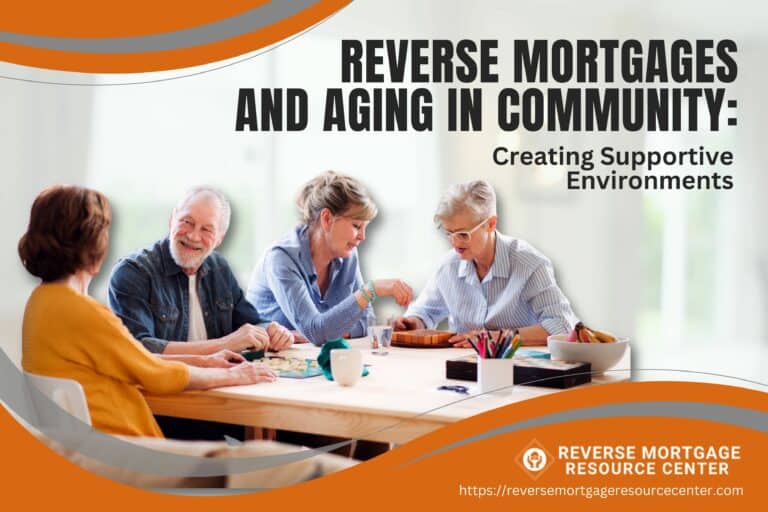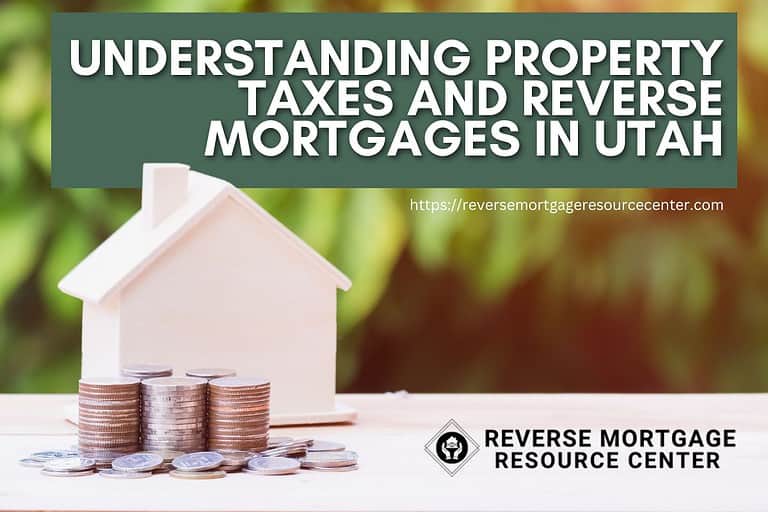Reverse Mortgages and Financial Security for Single Seniors: Strategies for Solo Retirement Planning
Retirement is a significant milestone in one’s life, signifying the transition from years of work to a period of relaxation and leisure. However, for single seniors, navigating retirement finances can present unique challenges, especially when it comes to ensuring financial security without the support of a spouse or partner. In such circumstances, exploring options like reverse mortgages can be a prudent strategy to maintain financial stability and independence. This article aims to provide comprehensive guidance and resources for single seniors to effectively plan for financial security in retirement through the utilization of reverse mortgages and other pertinent strategies.
Understanding Reverse Mortgages: A Key Tool for Solo Retirement Planning
Reverse mortgages have emerged as a viable financial tool for seniors, enabling them to tap into the equity of their homes to supplement retirement income. Unlike traditional mortgages where the borrower makes monthly payments to the lender, reverse mortgages allow homeowners aged 62 and older to receive funds from the lender, effectively converting a portion of their home equity into available funds without the need to sell their home or incur monthly mortgage payments.
For single seniors, reverse mortgages can offer a lifeline, providing a source of income to cover living expenses, healthcare costs, home improvements, or other financial needs during retirement. By leveraging the equity in their homes, seniors can enhance their financial security and maintain their independence without relying solely on savings or social security benefits.
Evaluating the Pros and Cons of Reverse Mortgages
While reverse mortgages can offer significant benefits for single seniors, it’s essential to weigh the pros and cons before making a decision:
Pros:
- Supplemental Income: Reverse mortgages provide a reliable source of funds, allowing seniors to meet their financial obligations and enjoy a comfortable retirement lifestyle.
- No Monthly Mortgage Payments: Unlike traditional mortgages, reverse mortgages do not require monthly payments, alleviating financial strain for retirees with limited income.
- Flexible Disbursement Options: Seniors can choose to receive funds as a lump sum, line of credit, monthly disbursements, or a combination of these options, providing flexibility to meet their unique financial needs.
- Non-Recourse Loan: Seniors are not personally liable for repayment beyond the value of the home, ensuring that their heirs are not burdened with debt upon their passing.
- Stay in Your Home: Borrowers can remain in their homes as long as they continue to meet loan obligations, offering peace of mind and continuity in familiar surroundings.
Cons:
- Accruing Interest and Fees: Interest and fees accumulate over time, potentially reducing the equity available to heirs and beneficiaries.
- Impact on Inheritance: The loan balance must be repaid upon the borrower’s death or when the home is sold, which may diminish the inheritance for heirs.
- Home Equity Reduction: Utilizing a reverse mortgage can reduce the amount of available equity in the home, limiting options for future housing or financial needs.
- Complexity and Costs: Reverse mortgages involve various fees and closing costs, including origination fees, mortgage insurance premiums, and servicing fees, which can impact the overall financial equation.
- Risk of Default: Failure to meet loan obligations, such as paying property taxes, homeowners insurance, and maintenance of the home could result in foreclosure.
Strategies for Maximizing the Benefits of Reverse Mortgages
For single seniors considering reverse mortgages as part of their retirement strategy, several key strategies can help maximize the benefits and mitigate potential risks:
Financial Planning and Counseling: Before pursuing a reverse mortgage, it’s crucial for single seniors to conduct thorough financial planning and seek counseling from qualified professionals. Financial advisors and HUD-approved counselors can provide personalized guidance, helping seniors assess their financial situation, explore alternative options, and make informed decisions that align with their long-term goals and objectives.
Research and Comparison Shopping: Not all reverse mortgages are created equal, so it’s essential to research and compare different loan products, lenders, and terms to find the most favorable option. Seniors should consider factors such as interest rates, fees, repayment options, and customer service reputation when evaluating potential lenders.
Use Reverse Mortgage Proceeds Wisely: Single seniors should develop a clear plan for how they intend to use the proceeds from a reverse mortgage to meet their financial needs and goals. Whether it’s covering essential expenses, funding healthcare costs, making home improvements, or establishing an emergency fund, having a strategic approach to utilizing reverse mortgage funds can help optimize financial outcomes and avoid unnecessary debt accumulation.
Maintain Homeownership Responsibilities: While reverse mortgages offer financial flexibility, borrowers must continue to fulfill certain homeownership responsibilities, such as paying property taxes, homeowners insurance, and maintaining the property. By staying current on these obligations, single seniors can preserve their equity, prevent default, and ensure the longevity of their reverse mortgage arrangement.
Consider Long-Term Implications: Before proceeding with a reverse mortgage, single seniors should carefully consider the long-term implications for themselves and their heirs. Assessing factors such as anticipated home equity appreciation, potential changes in housing needs, and the impact on inheritance can help seniors make a well-informed decision that aligns with their overall financial and estate planning objectives.
Explore Government Programs and Assistance: Single seniors may also benefit from exploring government programs and assistance designed to support retirees in managing their finances and housing needs. Programs such as Medicaid, Supplemental Security Income (SSI), and property tax relief initiatives can provide additional financial relief and support for eligible individuals.
Engage in Estate Planning: Estate planning is essential for single seniors to ensure that their assets are distributed according to their wishes and to minimize tax liabilities for their heirs. By establishing wills, trusts, and powers of attorney, seniors can maintain control over their estates and safeguard their legacy for future generations.
REVERSE MORTGAGE RESOURCE CENTER ~LIVE LIFE ON YOUR TERMS~
Our Lending Team has been serving our clients since 2004. We are passionate about serving our clients with integrity to help them achieve their financial goals.







